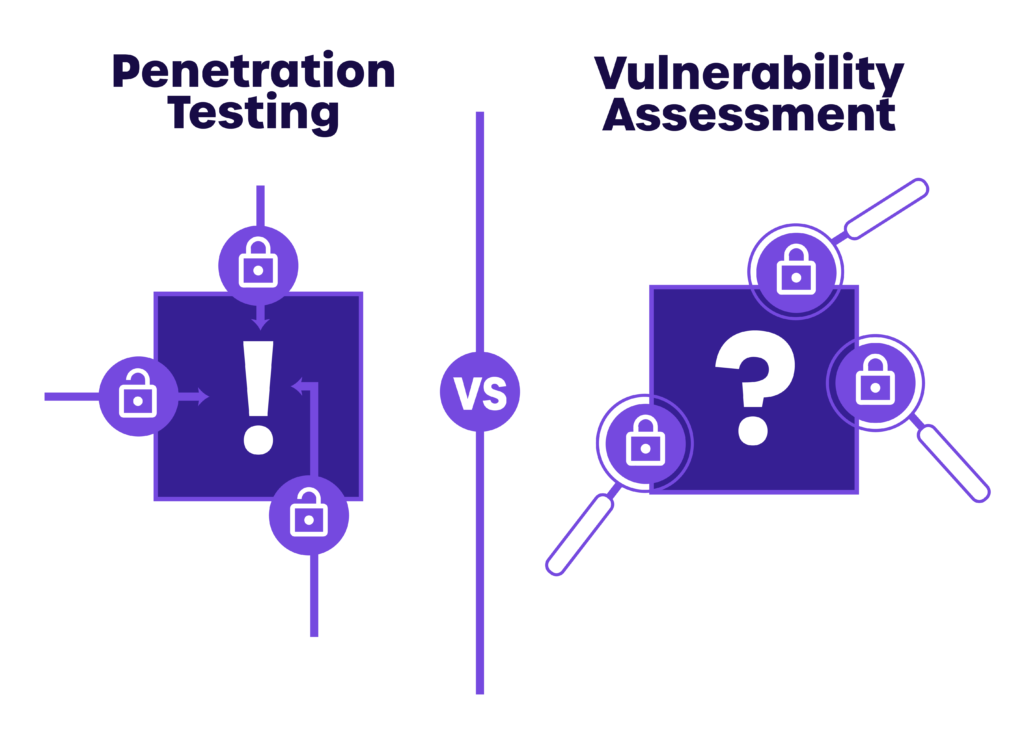Vulnerability Test Singapore

Vulnerability Test, is a comprehensive examination of a computer system or network to identify potential weaknesses and security risks. These tests are essential for organizations in Singapore to ensure the security and integrity of their IT infrastructure, particularly in light of the increasing sophistication and prevalence of cyberattacks.

Types of Vulnerability Tests:

- Network Vulnerability Scanning: Scans networks for known vulnerabilities in devices, such as routers, switches, and servers, by exploiting common attack vectors.
- Web Application Scanning: Assesses web applications for vulnerabilities that can lead to data breaches, such as SQL injection, cross-site scripting, and insecure configurations.
- Wireless Network Scanning: Analyzes wireless networks for vulnerabilities that can allow unauthorized access or data interception, such as weak encryption or misconfigured access points.
- Cloud Security Assessment: Evaluates cloud environments for vulnerabilities, including misconfigured storage buckets, insecure APIs, and identity management issues.
Importance of Vulnerability Tests:
- Identify Security Weaknesses: Tests identify vulnerabilities before they can be exploited by attackers, enabling organizations to take proactive measures to mitigate risks.
- Compliance and Regulations: Vulnerability tests help organizations meet regulatory requirements and industry standards, such as PCI DSS and ISO 27001.
- Improve Security Posture: By addressing vulnerabilities, organizations can strengthen their security posture and minimize the potential for cyber incidents.
- Reduce Business Impact: Identifying and resolving vulnerabilities helps organizations prevent data breaches, financial losses, and reputational damage.
Conducting Vulnerability Tests in Singapore:
организаций:**
- Partner with a Cybersecurity Vendor: Engage with reputable cybersecurity companies to conduct comprehensive vulnerability tests.
- Utilize Cloud-Based Scanning Tools: Leverage online platforms that provide automated scanning and vulnerability management capabilities.
- Train IT Staff: In-house IT staff can enhance their skills by attending cybersecurity training programs focused on vulnerability testing.
Benefits of Regular Vulnerability Testing:
- Continuous Monitoring: Regular tests ensure that vulnerabilities are identified and addressed in a timely manner.
- Proactive Security: By staying ahead of emerging threats, organizations can prevent costly cyberattacks and maintain business continuity.
- Compliance and Reputation: Regular vulnerability testing demonstrates an organization’s commitment to data security and enhances its reputation as a trustworthy partner.
